April 27 stands as one of history’s most eventful days, witnessing the rise and fall of empires, groundbreaking discoveries, and moments that shaped our modern world across centuries of human achievement.
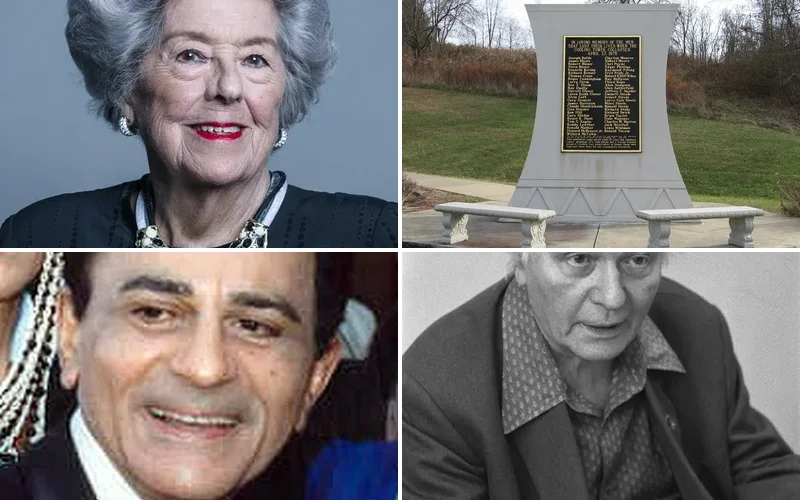
Politics and Government Events on April 27
1906 – State Duma of Russian Empire Convenes
The Russian Empire’s first parliamentary body assembled for its inaugural session in St. Petersburg. Tsar Nicholas II reluctantly granted this constitutional concession following the 1905 Revolution’s pressures.
The Duma represented a pivotal moment in Russian political evolution toward constitutional monarchy. However, the institution would face constant conflicts with autocratic authority throughout its brief existence.
1909 – Ottoman Sultan Abdul Hamid II Overthrown
Young Turk revolutionaries successfully deposed Sultan Abdul Hamid II in a dramatic palace coup. His brother Mehmed V ascended to the throne as the empire underwent radical political transformation.
The revolution marked the end of Abdul Hamid’s authoritarian rule and ushered in the Committee of Union and Progress era. This political upheaval would ultimately accelerate the Ottoman Empire’s modernization efforts.
1978 – Afghanistan’s Saur Revolution Begins
Communist forces launched a violent coup against President Mohammed Daoud Khan’s government in Kabul. The uprising concluded the following morning with Daoud’s assassination and communist party control.
The Democratic Republic of Afghanistan emerged from this bloody revolution, fundamentally altering the nation’s trajectory. This event set the stage for decades of conflict and foreign intervention.
1992 – Betty Boothroyd Elected First Female Commons Speaker
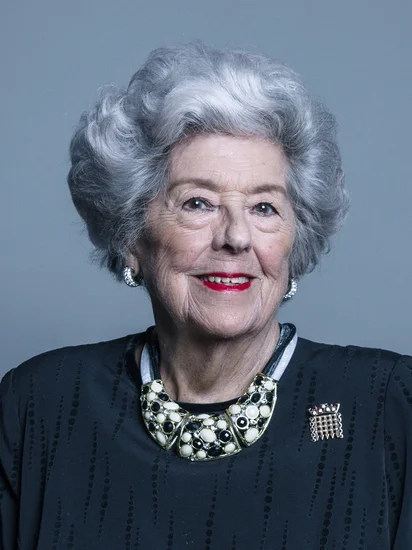
The British House of Commons broke seven centuries of tradition by electing its first female Speaker. Betty Boothroyd’s historic victory represented a significant milestone in parliamentary gender equality.
Her appointment challenged institutional norms and opened new pathways for women in British politics. Boothroyd’s leadership would prove both effective and groundbreaking during her tenure.
1994 – South Africa’s First Democratic Election
Black South Africans cast ballots for the first time in their nation’s history during this landmark election. The Interim Constitution simultaneously took effect, legally dismantling the apartheid system.
Long queues of voters stretched across the country as citizens exercised their newly won democratic rights. This election transformed South Africa from a racist regime into a constitutional democracy.
2018 – Panmunjom Declaration Signed
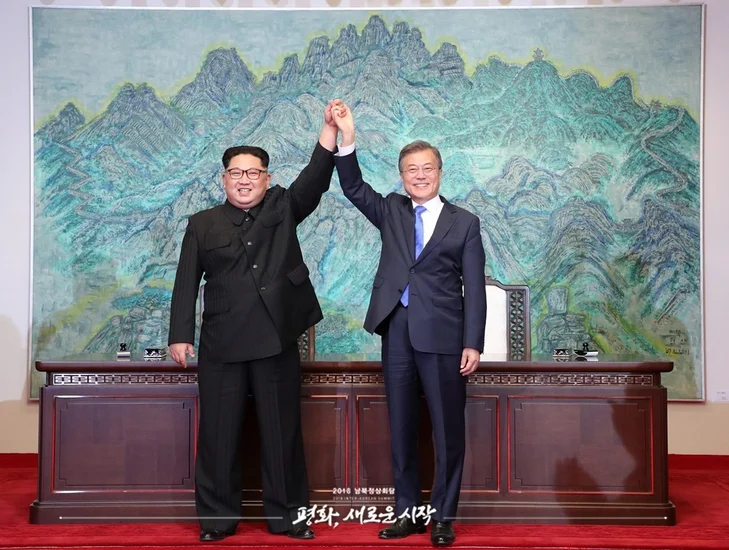
North and South Korean leaders signed a historic peace agreement at the DMZ border village. The declaration officially committed both nations to ending the Korean conflict after nearly seven decades.
Kim Jong-un and Moon Jae-in’s diplomatic breakthrough raised hopes for permanent peace on the peninsula. The agreement represented the most significant inter-Korean reconciliation effort in years.
Military and Naval History on April 27
1941 – German Troops Enter Athens
Wehrmacht forces marched triumphantly into the Greek capital, completing their Balkan campaign conquest. The occupation marked Nazi Germany’s successful expansion into southeastern Europe during World War II.
Greek resistance had delayed the German advance for several crucial weeks earlier in the campaign. This occupation would spark a brutal resistance movement that tied down significant German resources.
1945 – Last German Forces Withdraw from Finland
The final German military formations evacuated Finnish territory, retreating northward into Norway. This withdrawal officially ended the Lapland War and Finland’s involvement in World War II.
The iconic Raising the Flag on the Three-Country Cairn photograph captured this historic moment. Finland’s successful negotiation with Germany avoided the devastating battles that consumed other occupied territories.
1945 – Benito Mussolini Arrested by Italian Partisans
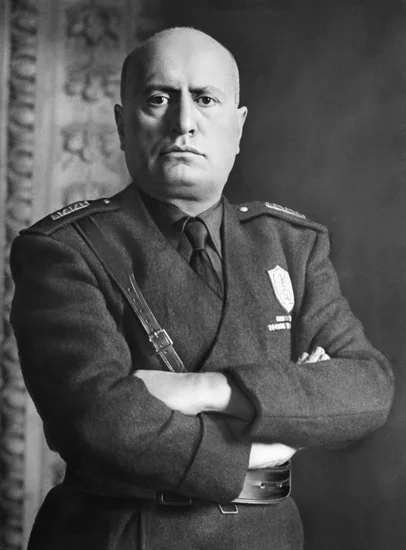
Italian resistance fighters captured the fleeing fascist dictator near Lake Como while disguised as a German soldier. Mussolini’s desperate escape attempt ended in humiliating capture by his own countrymen.
The former Duce’s arrest marked the final collapse of Italian fascism after two decades of rule. His capture by partisans symbolized the Italian people’s ultimate rejection of his authoritarian regime.
1953 – Operation Moolah Defection Program Launched
The United States offered substantial cash rewards to Communist pilots who defected with MiG-15 aircraft. The psychological warfare operation promised $100,000 for the first successful defection during the Korean War.
American intelligence desperately wanted to examine Soviet aviation technology and tactics firsthand. The program represented innovative Cold War espionage methods combining monetary incentives with propaganda warfare.
1976 – Carabineros de Chile Established
Chile created its national police force and gendarmerie through military government decree. The Carabineros consolidated various security functions under unified command during the Pinochet era.
This institutional reform strengthened state security apparatus during Chile’s military dictatorship period. The organization would evolve into one of Latin America’s most professional police forces.
Science and Discovery Milestones on April 27
2005 – Airbus A380 Makes Maiden Flight
The world’s largest passenger aircraft successfully completed its first test flight over southern France. The double-decker superjumbo represented a revolutionary leap in commercial aviation capacity and engineering.
Airbus challenged Boeing’s dominance in the wide-body aircraft market with this technological marvel. The A380’s development required unprecedented international cooperation and advanced manufacturing techniques.
2007 – Herod’s Tomb Discovered
Israeli archaeologists announced the discovery of King Herod the Great’s burial site south of Jerusalem. The tomb’s location at Herodium confirmed ancient historical accounts after decades of searching.
The excavation revealed elaborate architectural features befitting the ambitious Judean ruler’s grandiose style. This archaeological breakthrough provided crucial insights into first-century BCE royal burial practices.
1986 – Chernobyl Evacuation Begins
Soviet authorities ordered the immediate evacuation of Pripyat and surrounding areas following the nuclear disaster. Thousands of residents abandoned their homes permanently as radiation levels soared dangerously high.
The evacuation created a massive exclusion zone that remains largely uninhabited today. This catastrophic event fundamentally changed global attitudes toward nuclear power safety and regulation.
Cultural and Arts Events on April 27
1967 – Expo 67 Opens in Montreal
The World’s Fair officially opened with elaborate ceremonies broadcast globally to television audiences. Montreal’s exposition celebrated Canada’s centennial while showcasing international cultural achievements and technological innovation.
The fair attracted millions of visitors during its six-month run, transforming Montreal’s international profile. Expo 67 became synonymous with 1960s optimism and Canada’s emergence as a modern nation.
1989 – Tiananmen Square April 27 Demonstrations
Chinese students organized massive protests responding to the Communist Party’s critical April 26 Editorial. Hundreds of thousands of demonstrators marched through Beijing demanding democratic reforms and press freedom.
The protests defied government warnings and marked a crucial escalation in the democracy movement. These demonstrations set the stage for the tragic events that would unfold at Tiananmen Square.
1987 – Kurt Waldheim Barred from United States
The Justice Department prohibited Austrian President Kurt Waldheim from entering American territory. Officials cited his alleged complicity in Nazi war crimes and deportation of Jews during World War II.
The diplomatic crisis embarrassed Austria and highlighted unresolved questions about wartime collaboration. Waldheim’s case became a symbol of postwar Europe’s failure to fully confront its Nazi past.
Religious and Social Events on April 27
1927 – Carabineros de Chile Founded
The Chilean government established its national police force through comprehensive institutional reform. The Carabineros unified various security functions under centralized command during a period of political modernization.
This organizational change strengthened law enforcement capabilities across Chile’s diverse geography. The force would develop into one of Latin America’s most respected police institutions.
1992 – Federal Republic of Yugoslavia Proclaimed
Serbia and Montenegro declared their federation as the Socialist Federal Republic of Yugoslavia disintegrated. The new state emerged from the violent breakup of the former Yugoslav confederation.
The proclamation occurred amid devastating ethnic conflicts throughout the former Yugoslav territories. This political entity would survive until 2006 when Montenegro voted for independence.
1920 – Russian Federation Joins International Financial Institutions
The Russian Federation and twelve other former Soviet republics gained membership in the IMF and World Bank. This integration marked their transition from communist command economies to market-based systems.
The membership facilitated crucial financial assistance during the painful post-Soviet economic transition. These institutions provided essential support for democratic and economic reforms across the former USSR.
Business and Economic Events on April 27
1941 – United Auto Workers Gains Autonomy
The UAW successfully negotiated independence from the American Federation of Labor’s oversight. This organizational victory strengthened the union’s bargaining position with major automobile manufacturers.
The autonomy allowed the UAW to pursue more aggressive strategies in labor negotiations. This development significantly enhanced worker rights and benefits throughout the American automotive industry.
1992 – Former Soviet Republics Join World Bank
Twelve former Soviet republics alongside the Russian Federation obtained membership in international financial institutions. The World Bank and IMF membership provided crucial support for post-communist economic transitions.
These memberships facilitated billions in development aid and technical assistance programs. The integration helped former Soviet states navigate the complex transition to market economies.
1978 – John Ehrlichman Released from Federal Prison

The former Nixon administration aide completed his 18-month sentence for Watergate-related crimes. His release marked another chapter in the ongoing aftermath of America’s greatest political scandal.
Ehrlichman’s imprisonment demonstrated that even high-ranking officials faced justice for constitutional violations. The Watergate prosecutions reinforced principles of accountability in American democratic governance.
Transportation and Infrastructure on April 27
2006 – Freedom Tower Construction Begins
Construction commenced on the Freedom Tower, later renamed One World Trade Center, in New York City. The skyscraper’s groundbreaking ceremony marked a significant milestone in rebuilding Ground Zero.
The tower’s construction symbolized American resilience and determination following the September 11 attacks. The project represented both architectural achievement and emotional healing for the traumatized city.
2005 – Airbus A380 Maiden Flight
The world’s largest passenger aircraft successfully completed its inaugural test flight over France. The double-decker superjumbo demonstrated revolutionary advances in commercial aviation engineering and capacity.
Airbus invested billions developing this technological marvel to compete with Boeing’s market dominance. The A380’s first flight marked a new era in long-haul passenger transportation.
1978 – Willow Island Disaster
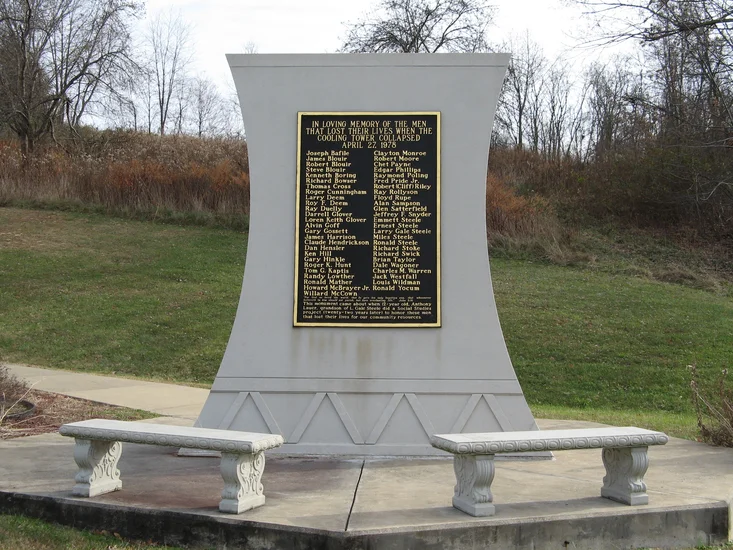
Fifty-one construction workers perished when a cooling tower collapsed at West Virginia’s Pleasants Power Station. The tragedy became the deadliest construction accident in United States history.
The disaster prompted comprehensive safety reforms throughout the construction industry nationwide. Investigation revealed critical flaws in concrete curing procedures and construction oversight practices.
Sports and Recreation on April 27
1993 – Zambian National Football Team Plane Crash
Most of Zambia’s national football team died in a devastating plane crash off Gabon’s coast. The team was traveling to Senegal for a crucial World Cup qualifying match.
The tragedy decimated Zambian football and shocked the international sports community. The disaster occurred near Libreville while the aircraft approached for refueling.
2011 – Devastating Super Outbreak Strikes Southeastern United States

Two hundred five tornadoes touched down across Alabama, Mississippi, Georgia, and Tennessee in a single day. The unprecedented outbreak killed over 300 people and injured hundreds more.
The Super Outbreak became one of the most destructive tornado events in American meteorological history. Emergency services struggled to respond to the simultaneous disasters across multiple states.
1974 – Pulkovo Airport Plane Crash

One hundred nine people died when their aircraft crashed near Leningrad’s Pulkovo Airport. The disaster shocked the Soviet Union and highlighted ongoing aviation safety concerns.
The crash occurred during the final approach phase, killing all passengers and crew aboard. Soviet aviation authorities implemented enhanced safety protocols following the tragic accident.
Notable Births on April 27
1927 – Coretta Scott King Born
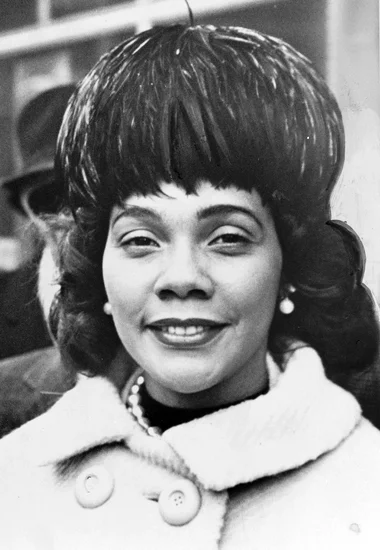
The future civil rights leader and Martin Luther King Jr.’s widow entered the world in Alabama. Her childhood in the segregated South shaped her lifelong commitment to social justice and equality.
Scott King would become a powerful advocate for civil rights, women’s rights, and peace activism. Her leadership helped preserve and extend her husband’s legacy after his assassination.
1932 – Casey Kasem Born
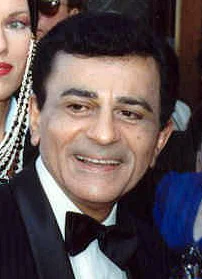
The legendary radio personality and voice actor was born in Detroit, Michigan. His distinctive voice would become synonymous with American Top 40 countdowns and Saturday morning cartoons.
Kasem co-created American Top 40, revolutionizing radio programming and popular music promotion. His voice work as Shaggy in Scooby-Doo entertained generations of children worldwide.
1945 – August Wilson Born
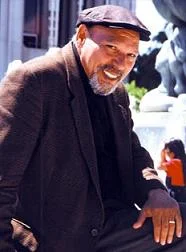
The future Pulitzer Prize-winning playwright was born in Pittsburgh, Pennsylvania. His childhood experiences in the Hill District would inspire his acclaimed American Century Cycle.
Wilson became one of America’s most important dramatists, chronicling African American experiences throughout the 20th century. His ten-play cycle earned him two Pulitzer Prizes and numerous Tony Awards.
1967 – Willem-Alexander Born

The future King of the Netherlands was born in Utrecht as heir to the Dutch throne. His birth ensured the continuation of the House of Orange-Nassau’s royal lineage.
Willem-Alexander would become the first Dutch king in over a century when he succeeded his mother Queen Beatrix. His reign has emphasized modernization and accessibility of the Dutch monarchy.
1969 – Cory Booker Born
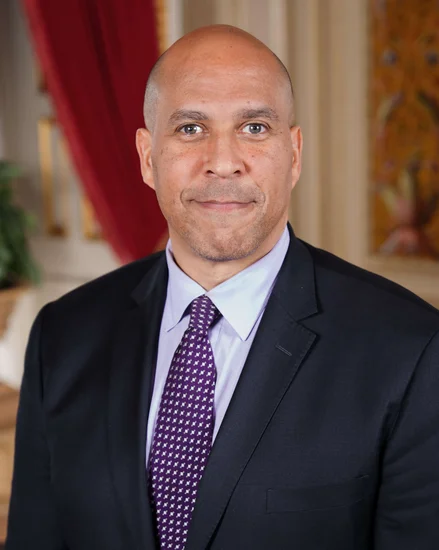
The future United States Senator was born in Washington, D.C., to civil rights activist parents. His upbringing emphasized public service and social justice advocacy.
Booker would serve as Newark’s mayor before winning election to the U.S. Senate from New Jersey. His political career has focused on criminal justice reform and urban development.
1988 – Lizzo Born

The Grammy-winning singer and rapper was born Melissa Viviane Jefferson in Detroit, Michigan. Her childhood musical interests would evolve into a groundbreaking entertainment career.
Lizzo would become a global superstar promoting body positivity and self-acceptance through her music. Her empowering messages and infectious personality have inspired millions worldwide.
1995 – Nick Kyrgios Born

The controversial tennis star was born in Canberra, Australia, to Greek and Malaysian parents. His multicultural background influenced his unique perspective on professional tennis.
Kyrgios would become known for his explosive playing style and outspoken personality on the professional circuit. His talent and controversies have made him one of tennis’s most polarizing figures.
Notable Deaths on April 27
1915 – Alexander Scriabin Dies
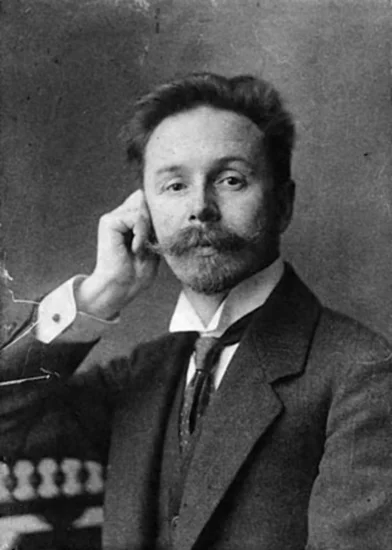
The revolutionary Russian composer and pianist died in Moscow at age 43. His mystical approach to music and innovative harmonic theories influenced generations of composers.
Scriabin’s late works pushed the boundaries of tonality and explored synesthesia through sound. His death from sepsis cut short one of classical music’s most adventurous careers.
1961 – Edward R. Murrow Dies

The legendary CBS journalist died of lung cancer in New York at age 53. His groundbreaking radio broadcasts from London during the Blitz brought World War II into American homes.
Murrow’s confrontation with Senator Joseph McCarthy helped end the Communist witch hunts of the 1950s. His commitment to truth and journalistic integrity set standards that endure today.
1972 – Kwame Nkrumah Dies

Ghana’s first President and leading Pan-African advocate died in exile in Guinea. His vision of African unity and independence inspired liberation movements across the continent.
Nkrumah’s overthrow in 1966 ended his dream of immediate African political integration. His ideological legacy continues to influence African political thought and continental cooperation efforts.
1989 – Konosuke Matsushita Dies
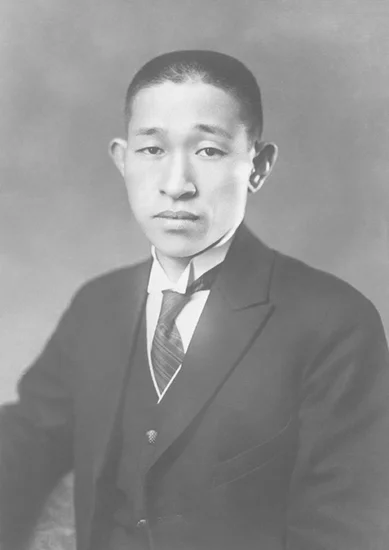
The founder of Panasonic Corporation died in Japan at age 94. His business philosophy and manufacturing innovations transformed Japan into an electronics powerhouse.
Matsushita built his company from a small electrical socket manufacturer into a global electronics giant. His management principles influenced Japanese corporate culture and international business practices.
1992 – Olivier Messiaen Dies

The innovative French composer and organist died in Paris at age 83. His incorporation of birdsong and Catholic mysticism created a unique musical language.
Messiaen’s compositions challenged conventional harmony and rhythm while exploring spiritual themes. His influence on contemporary classical music and his students, including Pierre Boulez, was profound.
1996 – William Colby Dies
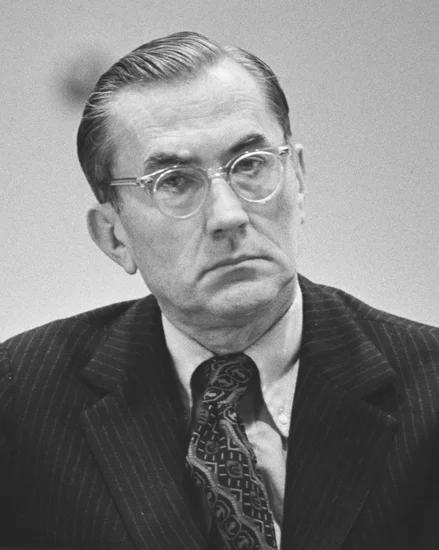
The former CIA Director died in a canoeing accident in Maryland at age 76. His tenure during the 1970s included congressional testimony about controversial intelligence operations.
Colby’s revelations about CIA activities during the Church Committee hearings shocked the American public. His commitment to congressional oversight helped reform American intelligence practices.
Holidays and Observances on April 27
King’s Day Netherlands

The Netherlands celebrates King’s Day in honor of King Willem-Alexander’s birthday. The national holiday features orange-themed festivities, street markets, and outdoor celebrations throughout the country.
Dutch citizens traditionally wear orange clothing and participate in community events and free markets. The holiday moves to April 26 when April 27 falls on Sunday.
Freedom Day South Africa
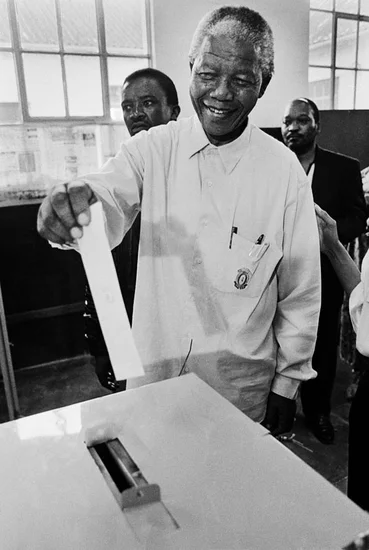
South Africa commemorates Freedom Day to celebrate the end of apartheid and the first democratic elections. The national holiday honors the achievement of political freedom and racial equality.
The observance marks the historic 1994 election when all South Africans could vote regardless of race. Freedom Day represents the nation’s ongoing commitment to democracy and human rights.
Independence Day Sierra Leone
Sierra Leone celebrates its independence from British colonial rule achieved in 1961. The national holiday features parades, cultural performances, and patriotic ceremonies throughout the country.
The independence celebration honors the struggle for self-determination and national sovereignty. Sierra Leoneans commemorate their freedom with traditional music, dance, and community gatherings.
Independence Day Togo
Togo observes its independence from French colonial administration granted in 1960. The national holiday includes official ceremonies, cultural exhibitions, and public festivities.
The independence celebration recognizes Togo’s journey to self-governance and national identity. Citizens participate in parades and cultural events highlighting their heritage and achievements.
